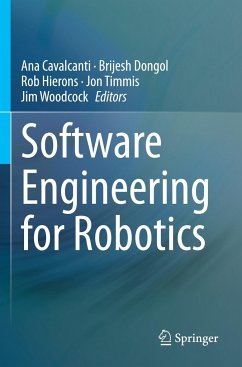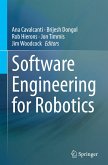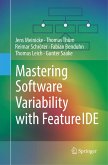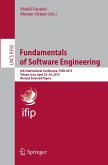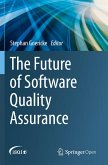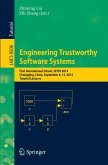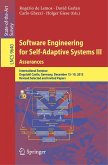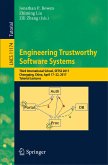The topics covered in this book range from modeling and programming languages and environments, via approaches for design and verification, to issues of ethics and regulation. In terms of techniques, there are results on model-based engineering, product lines, mission specification, component-based development, simulation, testing, and proof. Applications range from manufacturing to service robots, to autonomous vehicles, and even robots than evolve in the real world. A final chapter summarizes issues on ethics and regulation based on discussions from a panel of experts.
The origin of this book is a two-day event, entitled RoboSoft, that took place in November 2019, in London. Organized with the generous support of the Royal Academy of Engineering and the University of York, UK, RoboSoft brought together more than 100 scientists, engineers and practitioners from all over the world, representing 70 international institutions.
Theintendedreadership includes researchers and practitioners with all levels of experience interested in working in the area of robotics, and software engineering more generally. The chapters are all self-contained, include explanations of the core concepts, and finish with a discussion of directions for further work.
Chapters 'Towards Autonomous Robot Evolution', 'Composition, Separation of Roles and Model-Driven Approaches as Enabler of a Robotics Software Ecosystem' and 'Verifiable Autonomy and Responsible Robotics' are available open access under a Creative Commons Attribution 4.0 International License via link.springer.com.
The origin of this book is a two-day event, entitled RoboSoft, that took place in November 2019, in London. Organized with the generous support of the Royal Academy of Engineering and the University of York, UK, RoboSoft brought together more than 100 scientists, engineers and practitioners from all over the world, representing 70 international institutions.
Theintendedreadership includes researchers and practitioners with all levels of experience interested in working in the area of robotics, and software engineering more generally. The chapters are all self-contained, include explanations of the core concepts, and finish with a discussion of directions for further work.
Chapters 'Towards Autonomous Robot Evolution', 'Composition, Separation of Roles and Model-Driven Approaches as Enabler of a Robotics Software Ecosystem' and 'Verifiable Autonomy and Responsible Robotics' are available open access under a Creative Commons Attribution 4.0 International License via link.springer.com.

